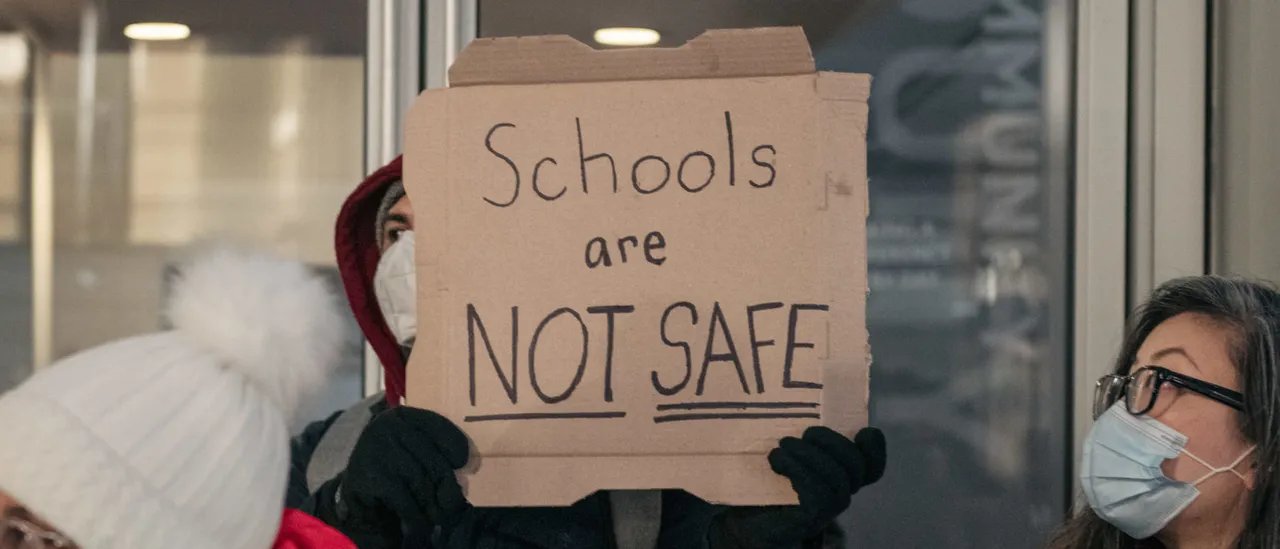Maricopa County voters will decide in November whether to extend a half-cent sales tax for transportation projects, and a nonpartisan campaign is spending $3 million urging voters to vote “yes.”
The campaign Connect Maricopa, which launched earlier this year, has mobilized significant funding and support from groups across the political spectrum to ensure the passage of Proposition 479. First approved in 1985, the sales tax would be extended for 20 years to fund a variety of infrastructure projects if passed.
Although an August poll by Noble Predictive Insights showed more than 60 percent of Maricopa County voters support extending the tax, the Connect Maricopa team isn't taking any chances.
“We know there's a lot going on in the political landscape, so we're not taking anything for granted,” campaign spokeswoman Lorna Romero Ferguson said.
The $3 million will go toward digital, mail and television advertising to help voters remember Proposition 479 as they scan their Maricopa County two-page ballot. Romero Ferguson said there will be no formal opposition to the measure.
“We were able to get support from organizations that don't typically share the same position on an issue,” Romero Ferguson said, “so it's very rare for business associations and labor unions to come together in support of an issue, which shows that this is not a partisan or political issue.”
Romero Ferguson said four ballot papers were filed against the proposition, while 49 were filed in favor. This means the campaign can focus more on informing voters about what Proposition 479 is and where the sales tax revenues are going, she said.
But some politicians have voiced opposition to the bill. Sen. Jake Hoffman (R-Queen Creek) posted his own ballot measure voting guide on The X last week, urging Maricopa County residents to vote NO on Measure 479.
Hoffman has been critical of the measure since the renewal process began in 2023. At the time, lawmakers were tasked with passing a bill to put the issue on the ballot. Republicans reached a deal with Gov. Katie Hobbs to prevent transportation tax funds from being used for light rail expansion projects, something Hoffman has frequently opposed.
Extending Proposition 479 would cost voters $24 billion over the next 20 years, according to Hoffman's ballot measure guide, but the Maricopa Association of Governments, which is developing revenue plans for the proposition, says the extension would generate $14.9 billion that would be put directly into county infrastructure.
Most of the funding generated by Proposition 479 would go toward highway, road and trunk road projects. According to MAG, much of Proposition 479's funding would go toward upgrading highways like Interstate 10 and completing infrastructure projects like Loop 303, as well as dial-a-ride and accessibility services for seniors and people with disabilities.
MAG Deputy Executive Director John Bullen said earlier iterations of Proposition 479, Propositions 300 and 400, created the infrastructure and highway system Valley residents rely on today.
“If you look closely, all of these big, core highways were funded through Proposition 300,” Bren said, referring to the Loop 101, Loop 202, Interstate 51, the Red Mountain Freeway and the Santan Freeway.
These projects were expanded and improved through a half-cent sales tax when Proposition 300 was extended by Proposition 400. Bren said Maricopa County would lose the majority of its transportation funding if it wasn't extended this year.
“We're not going to be able to really advance the transportation infrastructure and transportation system that Valley residents expect and value,” Bren said. “It's not going to be able to keep up with future growth. [it would] This means longer commutes and delayed results.”
Despite concerns about the impact on voters' wallets, Bren said it's important to remember that Proposition 479 doesn't create any new taxes, it simply extends taxes residents have been paying since 1985.
“The amount people will pay on Jan. 1, 2026 will be exactly the same as the amount they will pay on Dec. 31, 2025,” Bren said.







